
Similar Posts
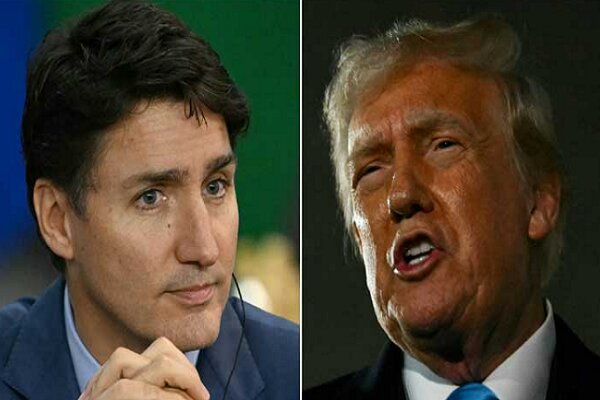
PM Trudeau Responds to Trump’s Shocking Threat to Annex Canada: What It Means for Relations
Canadian Prime Minister Justin Trudeau recently discussed U.S. tariffs on Canadian imports amid tensions with President Trump, highlighting concerns about U.S. intentions towards Canadian sovereignty. In a leaked remark, Trudeau expressed worries that Trump views Canada as a potential state to absorb for its resources. He addressed the complexities of U.S.-Canada relations, noting ongoing political challenges, and emphasized Canada’s commitment to combating fentanyl trafficking, despite its minimal contribution to the U.S. supply. Trudeau stated that Canada would respond reciprocally to any tariffs while aiming for their swift removal, reflecting the importance of maintaining a strong trade partnership.
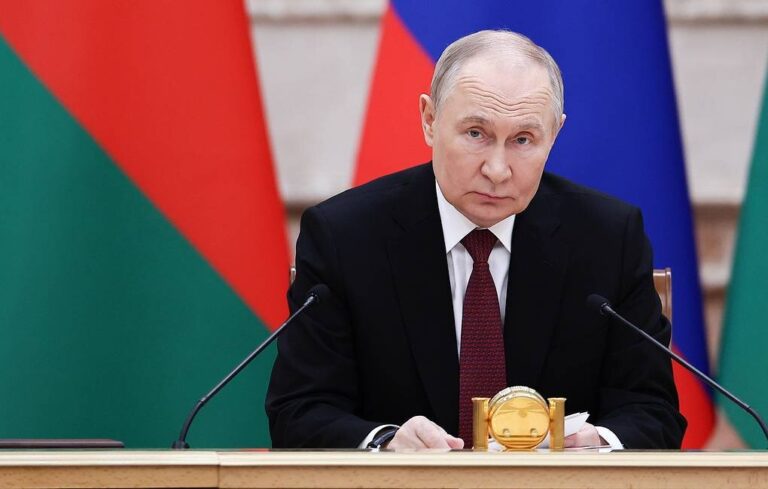
Imminent Resolution: Ukraine Conflict Set to Conclude in 1-2 Months Amid Ammunition Shortages
Russian President Vladimir Putin recently commented on the Ukraine conflict, highlighting its dependence on Western military and financial support. He claimed that without this backing, Ukraine’s existence would be threatened, stating, “They will not exist for a month if money and ammunition come to an end.” Putin also asserted that Ukraine’s sovereignty is severely compromised by external influences. He expressed openness to peace talks, contingent on genuine interest from Western nations, and suggested that resolving the conflict is straightforward if supported politically. His remarks underscore the critical role of international relations in Ukraine’s stability and future sovereignty.
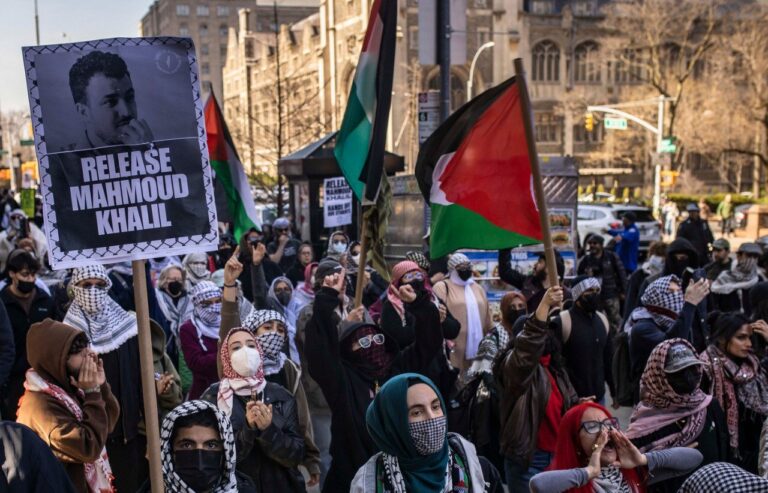
Trump’s Crackdown: Targeting Pro-Palestine Voices on College Campuses
Recent policies from Donald Trump’s administration during his second term have raised significant concerns for students advocating for Palestine. In January 2025, Trump signed an executive order to combat perceived anti-Semitism on college campuses, leading to investigations against students criticizing Israel. This resulted in the revocation of visas for activists like Rumeysa Ozturk and Mahmoud Khalil. Additionally, financial threats against universities—such as potential funding losses for Columbia and Harvard—have pressured institutions to alter their policies. Critics argue these actions undermine free speech and academic freedom, highlighting a broader trend of authoritarian governance that risks stifling dissent across various movements.
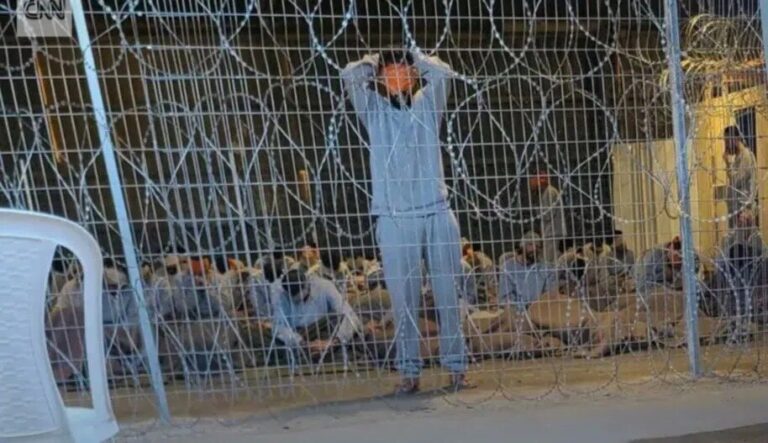
Human Rights Group Accuses Israel of Torturing Medical Workers in Gaza
Recent reports from Physicians for Human Rights Israel (PHRI) reveal that medical workers detained in Israeli facilities from Gaza endure severe torture, psychological abuse, and medical neglect. Testimonies from 24 detainees describe horrific experiences, including physical beatings and humiliation. A nurse recounted being suspended and beaten in Ofer Prison, while a surgeon detailed brutal treatment during transport. The PHRI report highlights issues of widespread torture, inadequate medical care, insufficient food, and psychological abuse. These revelations underscore urgent human rights concerns and call for immediate action to protect medical professionals in conflict zones and ensure humane treatment for all detainees.

Powerful Earthquake Rocks Caspian Sea Region: What You Need to Know
On March 7, a 4.1-magnitude earthquake struck the Caspian Sea, highlighting the area’s seismic activity. Although not severe, this event serves as a reminder of the geological forces at play. The quake’s epicenter was underwater, raising concerns for surrounding countries like Iran, Azerbaijan, and Russia regarding potential infrastructure damage and the need for emergency preparedness. Local authorities are urged to assess any damage and promote public awareness on earthquake safety. Additionally, the seismic activity poses risks to marine ecosystems and can lead to pollution. Ongoing monitoring and community readiness are essential for mitigating future impacts.
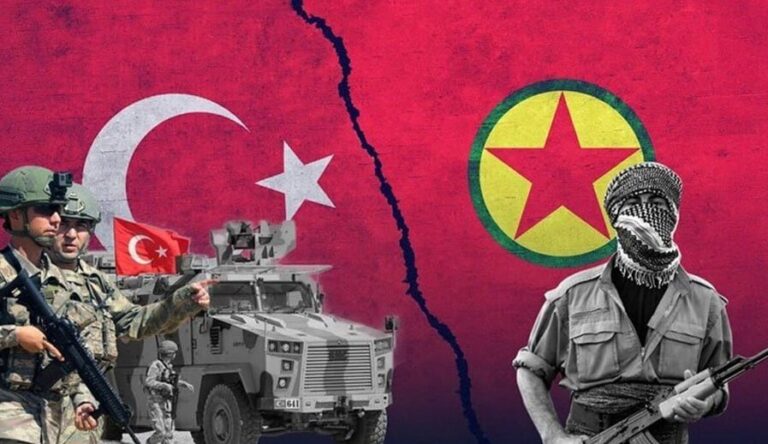
PKK’s Groundbreaking Transformation: From Armed Insurgency to Political Power and Its Impact on Regional Dynamics
The disbandment of the Kurdistan Workers’ Party (PKK) marks a significant shift in Middle Eastern geopolitics, influenced by imprisoned leader Abdullah Ocalan’s call for a political movement rather than armed insurgency. Designated as a terrorist organization, the PKK’s transition, following a recent ceasefire, could reshape relations in Turkey, Iran, Iraq, and Syria, potentially leading to reforms for Turkey’s Kurdish minority. While Turkey’s government sees this as a path to stability, skepticism remains about compliance and disarmament. The move may enhance regional security, economic development, and cooperation, although challenges like splinter groups and political inclusivity persist.